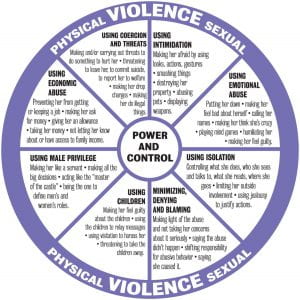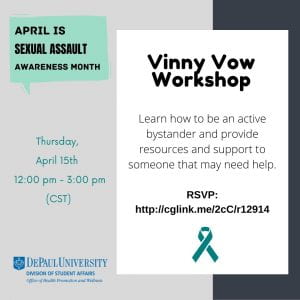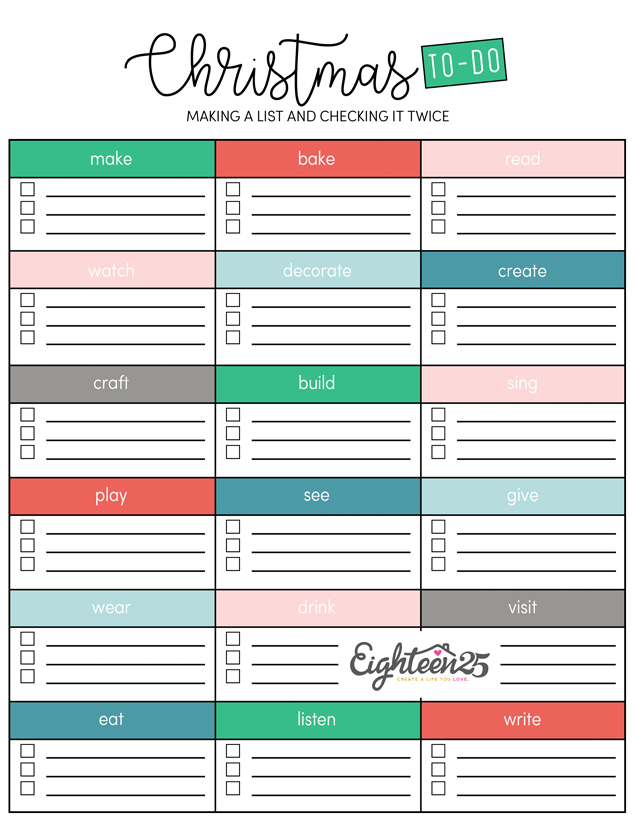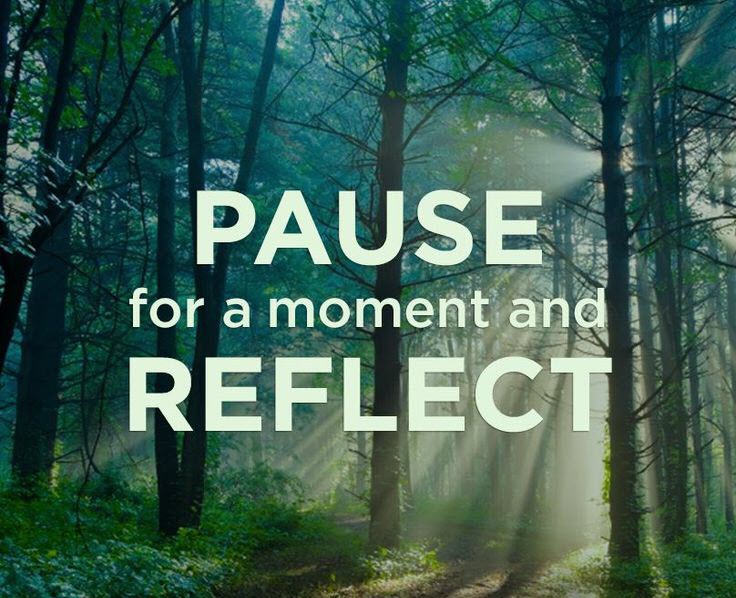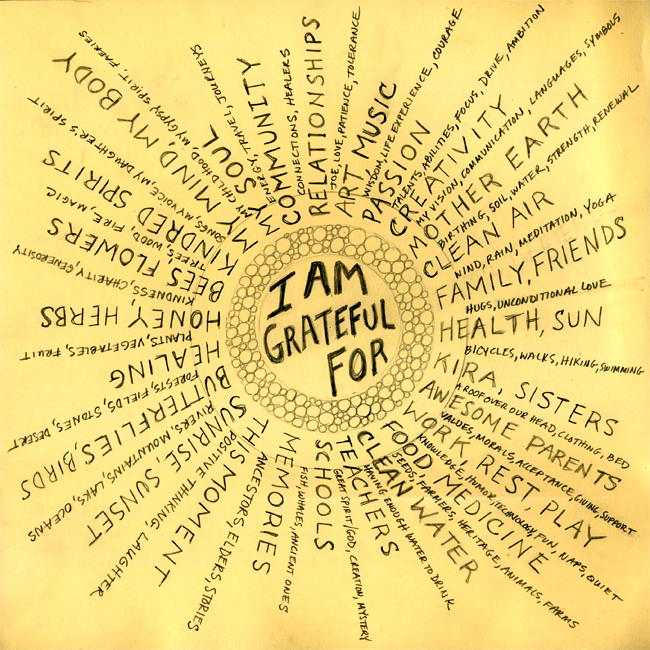In a world where everyone tries their best to present their best selves all the time, it can be easy to forget that it is okay to not be okay. The pressure to always be okay can be extremely taxing and can put a real stain on your mental health. Remembering that it is okay to not be okay is important and is a crucial step in advancing in your mental health journey.
Here are some ways you can take care of your mental health:
1.Be cognizant of your bandwidth: knowing your capacity and how much you can take on allows you to mitigate unnecessary stressors. Try checking in with your mood, physical feelings, and stress levels every day to learn your baseline.
2.Learn how you best deal with stress: learning how you best deal with stress, is the first step in alleviating it and helps you avoid burnout. Finding coping mechanisms for stress can look like reflecting on what has worked in the past, talking with your healthcare provider about medications or other treatment options that can be implemented to help support your holistic health.
3.Recharge yourself: recharging allows you to take a step away from the stressors in your life and gives you the opportunity to refill your mental and emotional gas tank. Engaging in things that energize you or creating spaces where you can relax are a fantastic way to recharge your mental and emotional health.
4.Set boundaries for yourself: setting boundaries for yourself provides you with the opportunity to maintain your mental wellness. Boundaries could assist in preserving your mental and emotional energy and provide you with a sense of control that can empower you on your mental health journey.
5.Get help when you need it: creating a strong support system is a wonderful way to care for your mental health. Support systems allow for you to create a network that are there to celebrate your successes, and help you work through your problems.
Hope for the Day’s “Things We Don’t Say” workshop, “is a program designed to teach individuals how to understand self-care and be supportive to proactive mental health care for others. We press the discussion about stigma, its impact on individuals and communities, and teach practical skills for early recognition of mental health challenges that often go unaddressed due to the silence of stigma, building to a crisis stage. Through Peer-to-peer Proactive Prevention, we can disrupt the highest risk factors before the crisis stage. If we make it OK to talk about mental health, we can save lives” (HFTD).
If you or a friend are interested in attending “Things We Don’t Say,” Hope for the Day offers this one-hour workshop (Tuesdays at 11am CST and Thursdays at 1:00pm CST ) You can register here: https://hopefortheday.zoom.us/webinar/register/WN_nVr0oCoZQ-20B1k7i3u_QQ
For additional wellness information and tips join HPW every Wednesday for Wellness Wednesday from 4-4:30, you can find more information and register on DeHub.
If you or a friend need mental health support DePaul offers free brief counseling services through the app MySSP. In the case of an urgent or life-threatening emergency please Call 911, go to your nearest emergency room, or (if you are on campus) call Public Safety: (773) 325-7777 (Lincoln Park) or (312) 362-8400 (Loop).

